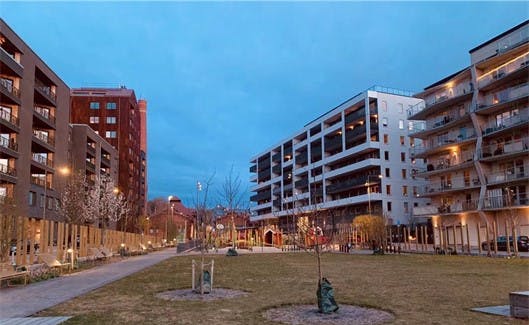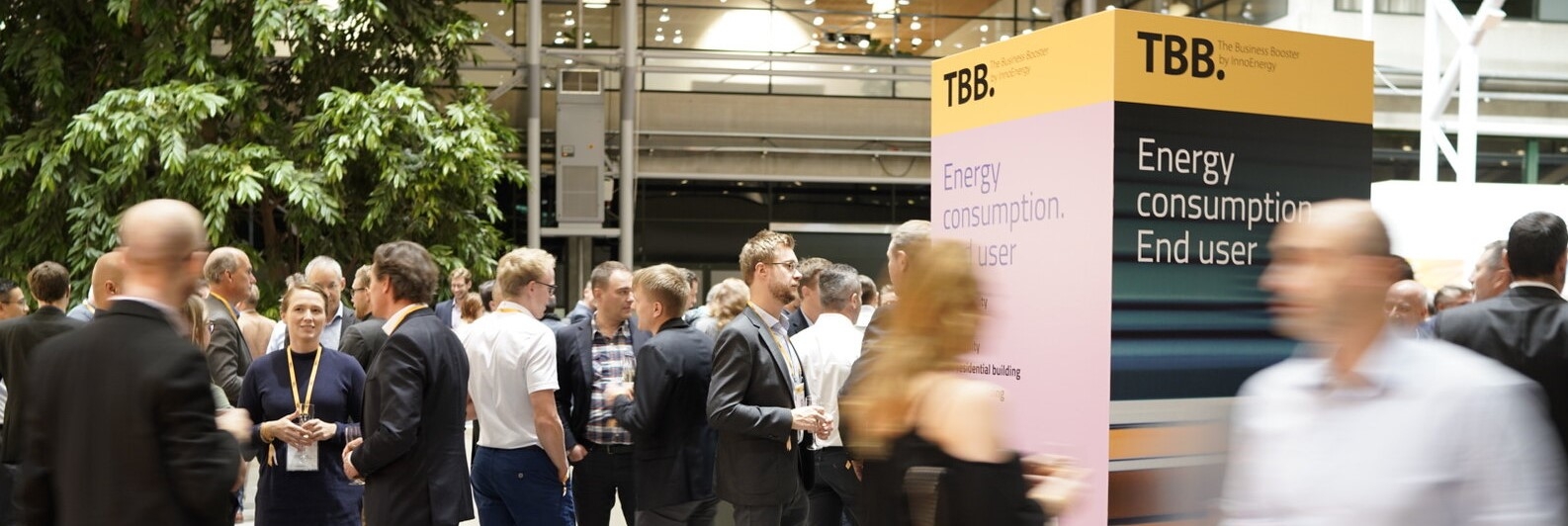InnoBlog: Building smart and sustainable cities

Imagine, getting home from work to your flat that you have already preheated with a simple click of your phone. It sounds convenient but is it really sustainable to consume energy when you are not even present? This is just one of the many discussions around smart cities that I am involved in as a student of the Master’s in Energy for Smart Cities programme.
What kind of city is a smart city?
Smart cities is a concept familiar to all EIT InnoEnergy students. Proposed on many occasions in the past (the idea can actually be traced back to the 1960s when ‘cybernetically planned cities’ were proposed), in today’s smartness seems to connect with intelligence, which normally means technologies. Utilising those state-of-art technologies like machine learning, ICTs, artificial intelligence is smart and when this kind of smartness applies to urban planning, these cities become smart cities.
So, are smart cities also sustainable? For me, I haven’t thought about this until a study visit last year to the Royal Seaport, near KTH Campus. Royal Seaport is a new community where dozens of new technologies and sustainable infrastructures were implemented such as: rentable electrical cars (along with convenient charging devices), green spaces integrated with water storage, vacuum rubbish and recycling bins and much more! Then the question regarding sustainability was raised by our study visit guide.
Digging a little bit deeper post-visit, I realised that this is a dilemma that comes up a lot in research, scholar publications and topic debates. During Master’s in Energy for Smart Cities Innovation & Entrepreneurship Journey, a representative from the Spanish city development department also brought up the topic of sustainability which made me realise practical challenges experts are facing.
For anyone wanting more background on the subject, I can highly recommend additional reading from my Master’s: Bibri, S.E., and Krogstie, J., 2017. I won’t go into details (let’s just say it’s good!) to allow you make up your own opinion but when you join the programme we can discuss it in more depth.
Cities should be smart and sustainable at the same time!
Conclusion that is pretty obvious to today’s generation but worth highlighting: Cities should be smart and sustainable! Developping a city, let alone a smart one, is not an easy job. So after a long discussion regarding cities being smart and sustainable, the new reference term used by many is smart sustainable cities. Its definition is intuitive ‘A smart sustainable city is an innovative city that uses information and communication technologies (ICTs) and other means to improve quality of life, the efficiency of urban operation and services, and competitiveness, while ensuring that it meets the needs of present and future generations concerning economic, social and environmental aspects’.
This vision for city development seems clearer but how to address the problem in practice is still a challenge. With most of the world’s population living and moving into the cities, I find this challenge exciting! Along with my fellow classmates, I want to find solutions offering not only the comibination of the intelligence and sustainability but also ensure quality for the residents and respect for the environment.
Do you also want to play a role in shaping the future of smart and sustainable cities?
by Yanshu Wei, Master’s in Energy for Smart Cities

